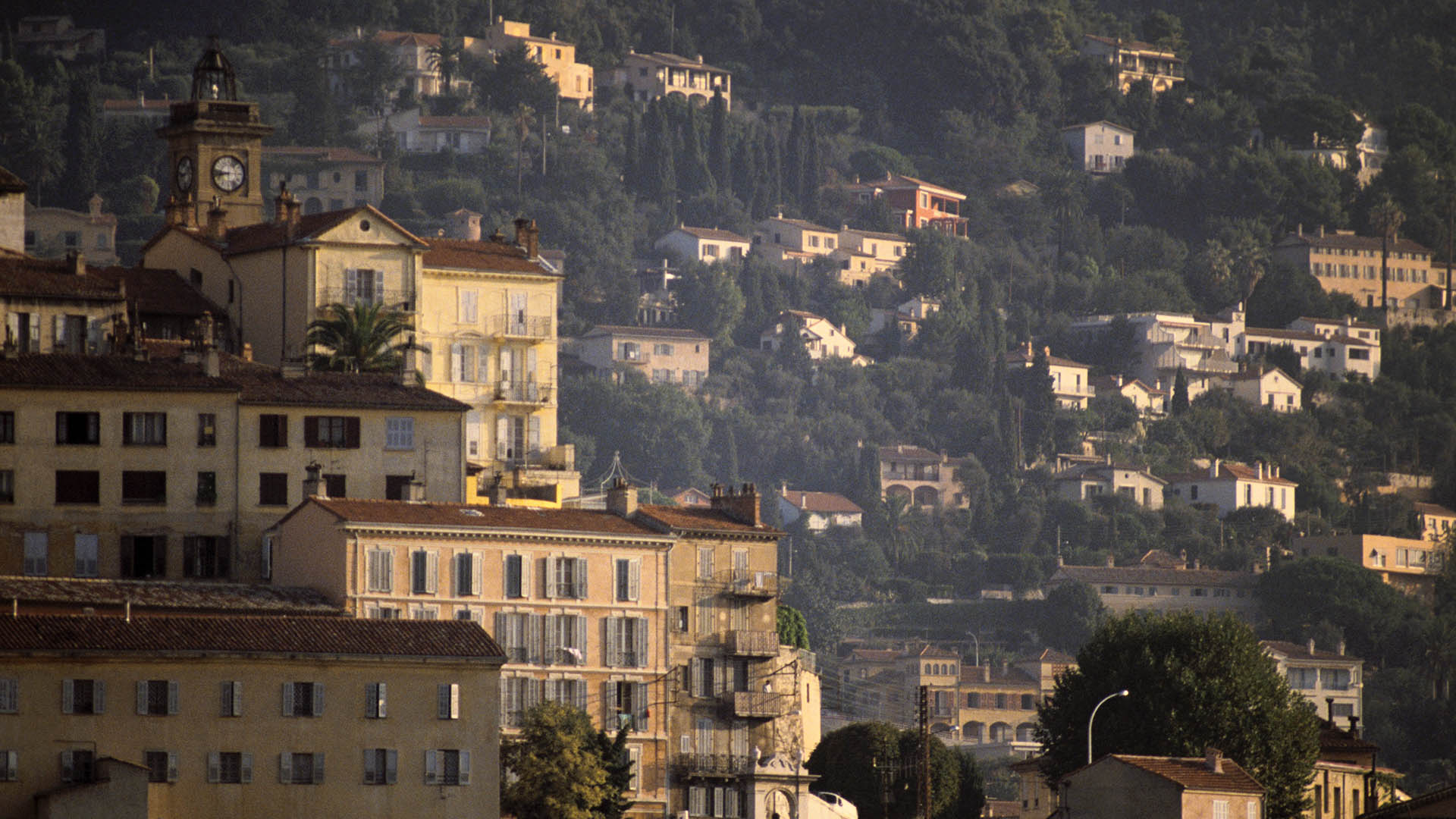IMPACT
French authorities seize $75M of assets tied to Russian businessmen
Eight properties, including villas on the French Riviera, and two luxury cars were seized as part of a money laundering probe into suspect offshore lending companies.

French authorities seized an estimated $75 million worth of French Riviera real estate and luxury cars as part of an investigation into alleged money laundering linked to two Russian businessmen with Cypriot citizenship: Ruslan Goryukhin and Mikhail Opengeym.
Opengeym appeared in ICIJ’s 2021 Pandora Papers, while Goryukhin formerly headed Stroygazmontazh, a construction company founded by Arkady Rotenberg, a Russian oligarch and close associate of Russian President Vladimir Putin, according to ICIJ media partner Le Monde.
The French investigation, launched in March, was conducted by the country’s anti-organized crime unit, the Paris public prosecutor’s office confirmed in a statement to ICIJ.
“The investigation is focused on the method of acquiring real estate through the use of loans granted by private companies domiciled in Cyprus or the British Virgin Islands,” a spokesperson said.
The office did not name the subjects of the investigation, but Le Monde identified the properties and traced their purchase histories through data leaks and open-source property records. The investigation centered on a series of real estate transactions between 2012 and 2014 financed by loans from offshore companies. Le Monde then linked the suspicious lenders to Goryukhin and Opengeym. Part of Goryukhin’s estate in Grasse, Le Monde found, was financed through several companies in three separate territories (British Virgin Islands, Cyprus and Monaco).
Last month, authorities seized eight properties, including the estate in Grasse and luxury villas in the towns of Saint-Raphael and Grimaud in southeastern France. Two luxury vehicles, and company shares worth nearly 2.7 million euros, or $2.9 million, were also seized, the public prosecutor’s office said.
Under a 2013 anti-money laundering law, French courts require beneficiaries to prove the legitimate source of funds, reversing the burden of proof to simplify previously complex judicial investigations. The courts authorized the seizures due to the large sums of money involved and the opaque origin of the funds, which authorities told Le Monde were “symptomatic of suspected money-laundering operations.”
The National Gendarmerie, a French law enforcement agency, also examined the role of intermediaries that allegedly aided the suspicious transactions, including a notary and two Monaco-based firms specializing in wealth and tax engineering, Le Monde reported.
Through their lawyers, both Goryukhin and Opengeym declined to comment to Le Monde, though Opengeym’s lawyer said his client is not a party to the criminal proceedings. Goryukin’s lawyer said he was “reserving his statements” for the courts.
Oct. 23, 2024: This story was updated to incorporate comments from the Paris public prosecutor’s office.